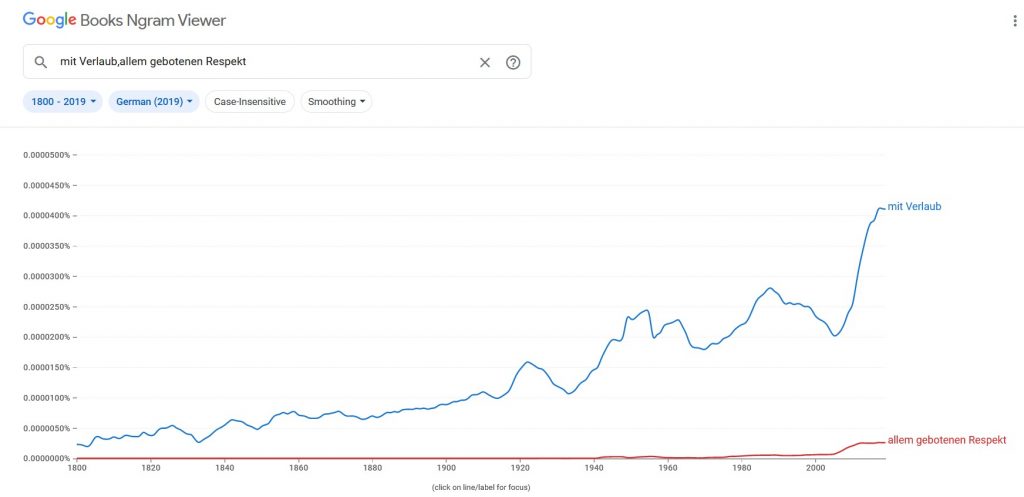Slipups and Pop-Tarts: 3 rules for avoiding embarrassing translation mistakes (Part I)
1st rule of thumb: Don't translate idioms literally
Translating is certainly no easy task. Words can change their meaning in different contexts and it takes a lot of cultural knowledge to spot idioms and phrases in one language and translate them correctly into another language. Practice and experience as well as a genuine love for language are of course crucial in this field, but there was one thing I did not consider before embarking on my career as a translator: how much it would impact my reading habits.
I translate from English to German, my mother tongue – this only makes sense, since native speakers have a natural feeling for the finer points of the language they grew up with, ideally honed by practice and writing experience over many years. But no amount of practice can prepare for every eventuality that language has to offer – and I regularly come across the evidence in the books that I read and love. This often turns my fun hobby into an involuntary search for mistranslations (and as a result, I sometimes forgo the German translation entirely and buy the English version).
Here are some of the most frequent amusing, embarrassing and interesting mistakes that I have come across in English-to-German translations, along with some pointers on how to avoid them.
"With all due respect" is not the same as "mit allem gebotenen Respekt"
“With all due respect” is often translated as “mit allem gebotenen Respekt”. This is a perfect example of a phrase which has no literal German equivalent. Of course, it is possible to translate it literally (and unfortunately, I read it frequently), but it just doesn’t sound natural to German native speakers.
What to write instead
Luckily, there is a German expression that captures the meaning of “with all due respect” and is frequently used today: “Mit Verlaub”.
It won’t disturb the natural flow of your text and is an elegant solution, using even fewer words than the original.
In the chart below, taken from Google nGram Viewer, one of my favourite tools, you can see the frequency of both expressions since 1800. While “mit Verlaub” is the common expression and has been since before 1900, you can see an increase in “mit allem gebotenen Respekt” from the early 2000s. I attribute this to English phrases and sentence structure being used more commonly in German translations. While it’s true that this is a somewhat natural process, in my opinion the more elegant and precise translation is still “mit Verlaub”.
In the next part of this three-part series, I am going to write about words with multiple meanings and the mayhem this can cause in a translated text. Did you know, for example, that some words are also their own opposites? They are called contronyms or Janus Words and are cut out to be a translator’s nightmare.


